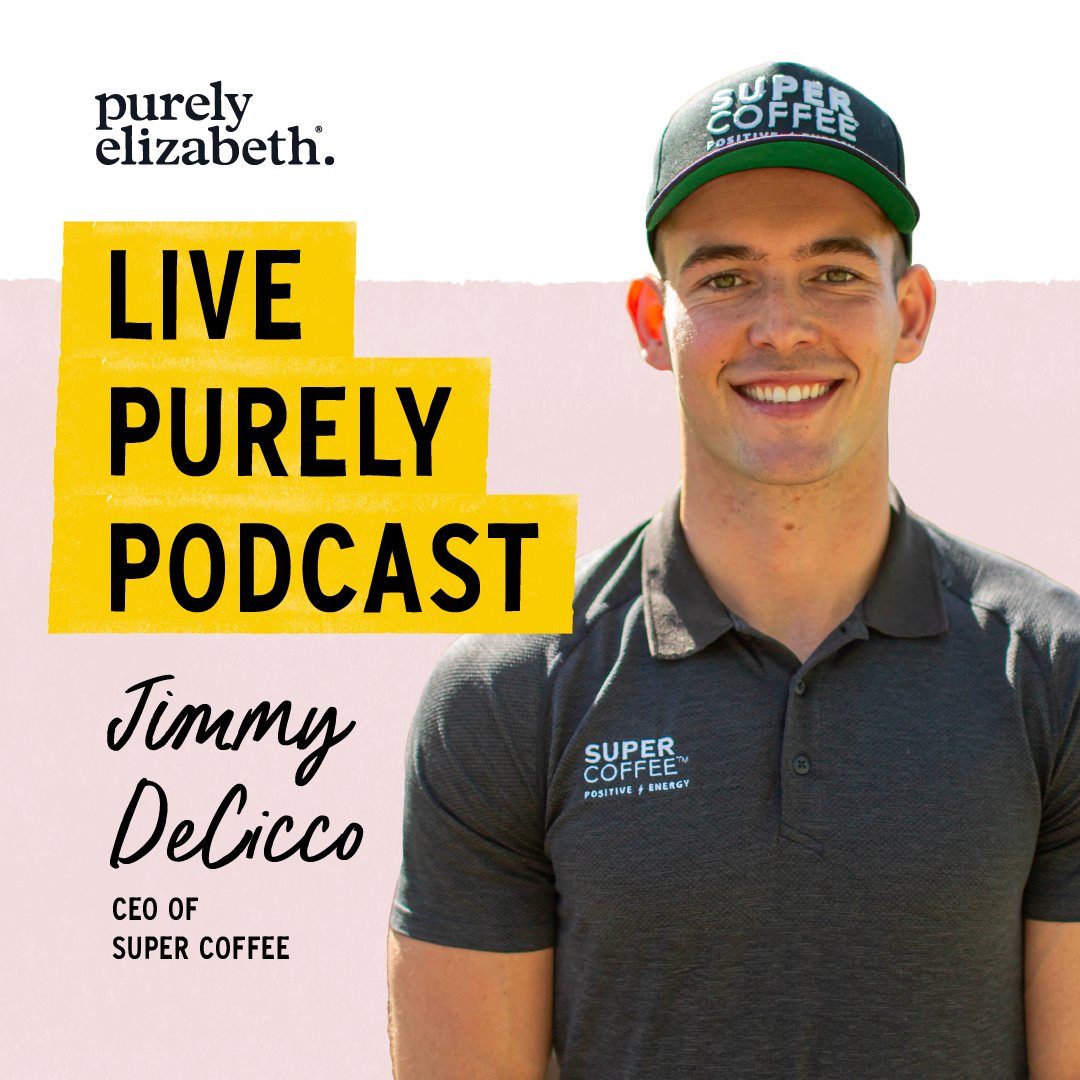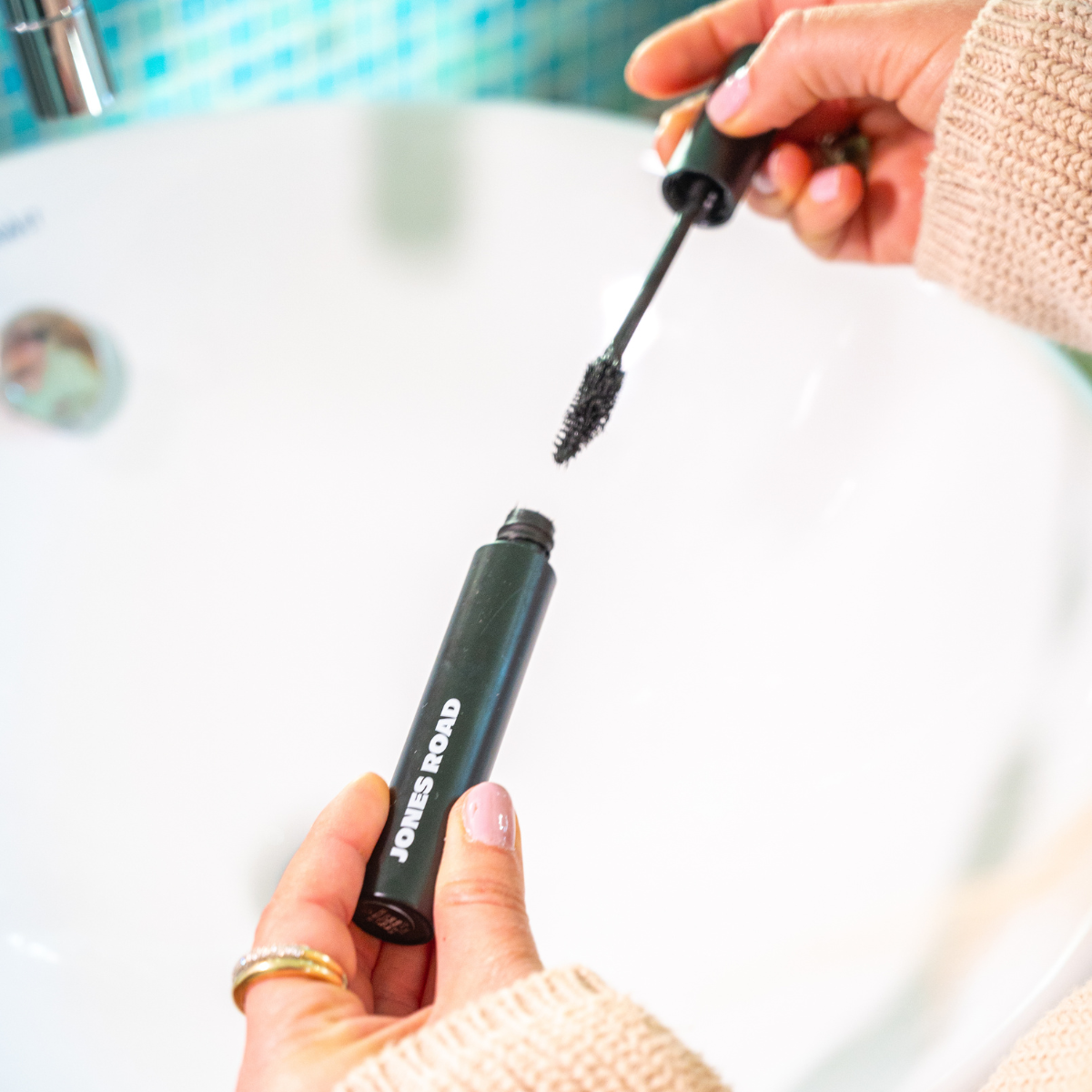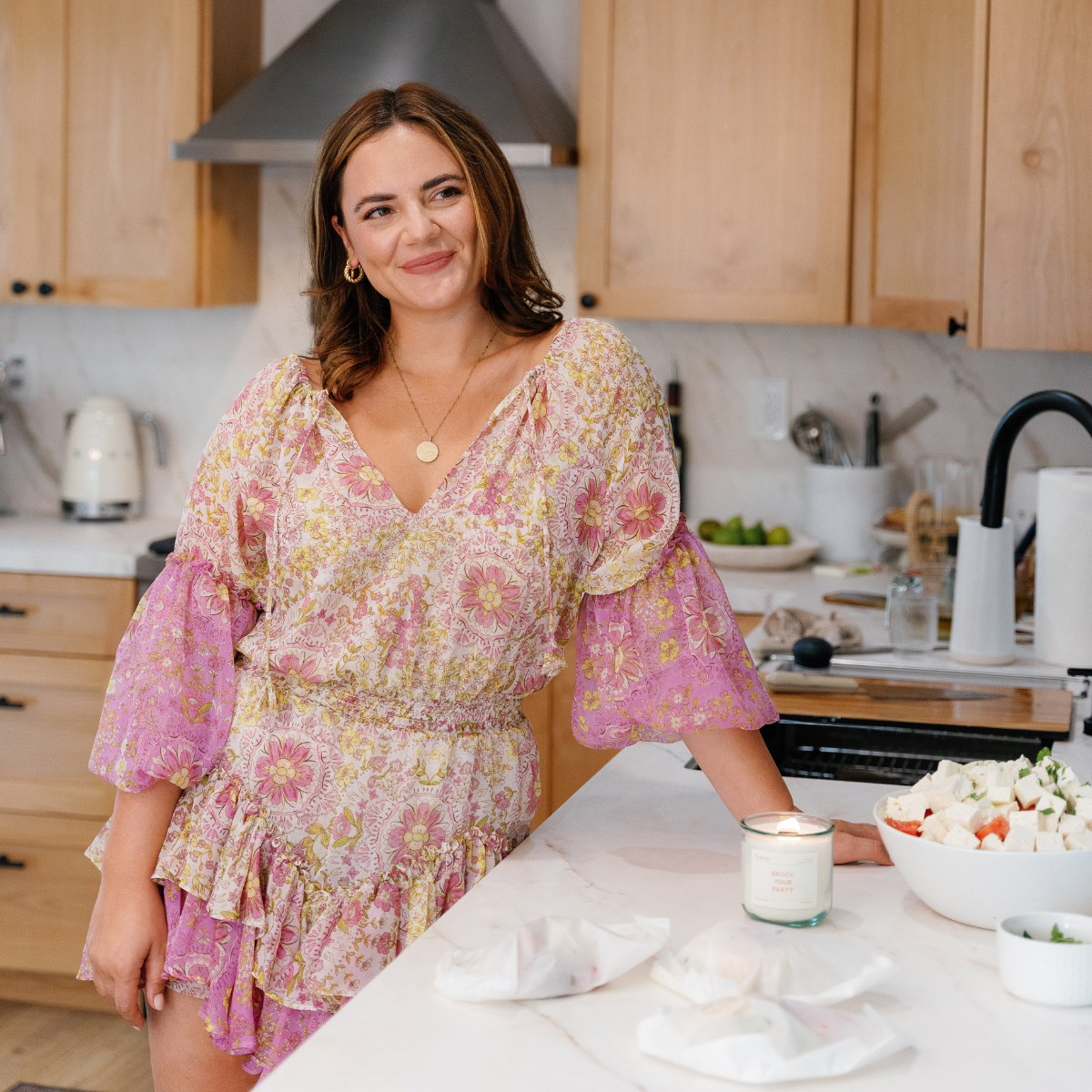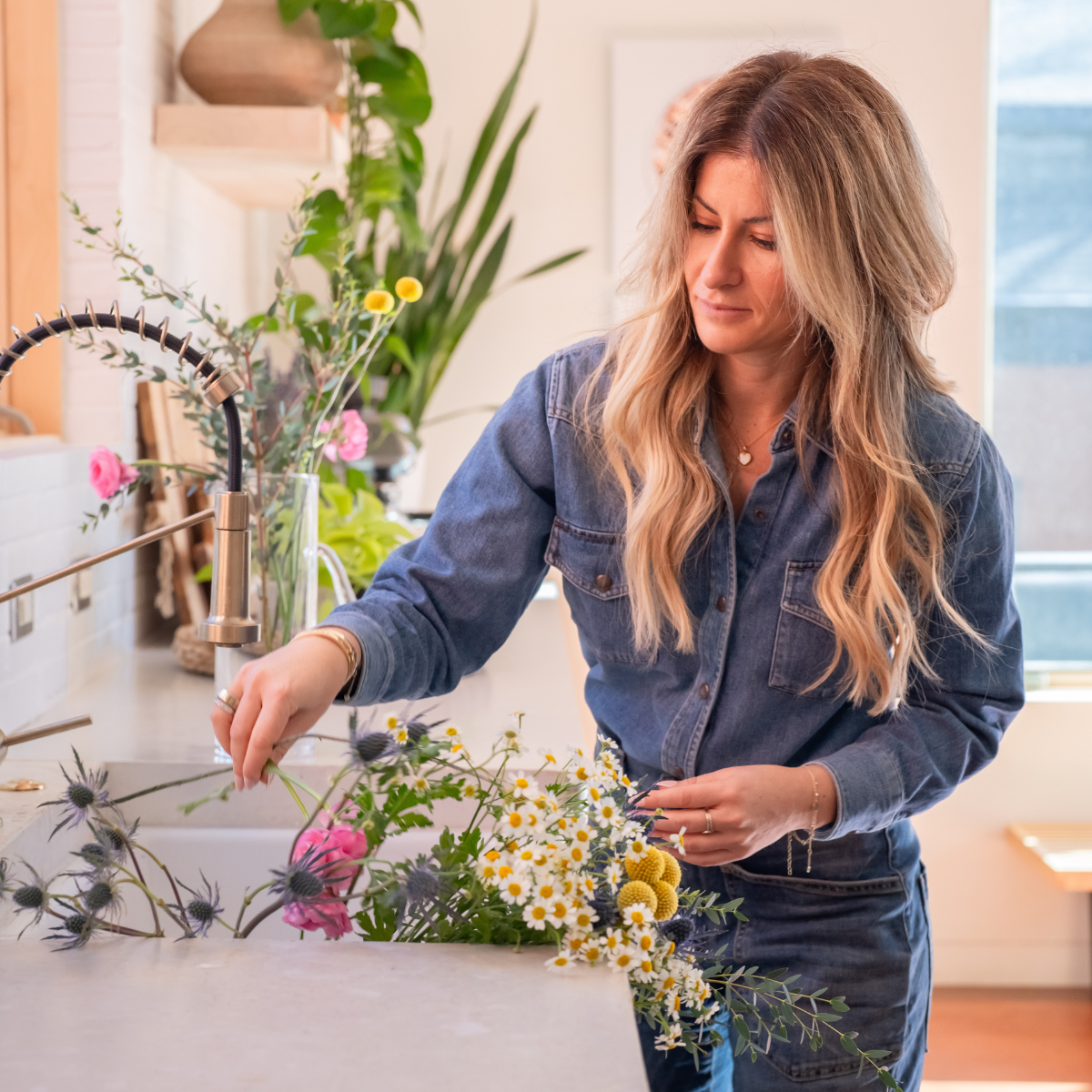Elizabeth welcomes Jimmy DeCicco, co-founder of Super Coffee, a healthy and delicious alternative to sugary coffee and energy drinks. Jimmy talks about how Super Coffee came to form as a family business, and how he and his brothers used their close friendship and competitive nature to excel throughout the process. He talks about how Super Coffee went from a dorm room dream to being the fourth largest ready to drink coffee in the United States, also being recognized as the fastest-growing food and beverage company in the country by Inc. Magazine. Jimmy shares some business and productivity lessons he has learned throughout the startup journey, the significance of celebrating achievements and showing gratitude, and their dedication to keeping Super Coffee’s ingredients both clean and delicious.
Podcast
A Healthier Way to Get a Shot of Positivity and Productivity
with Jimmy DeCicco

You may also like
Mix & Match











